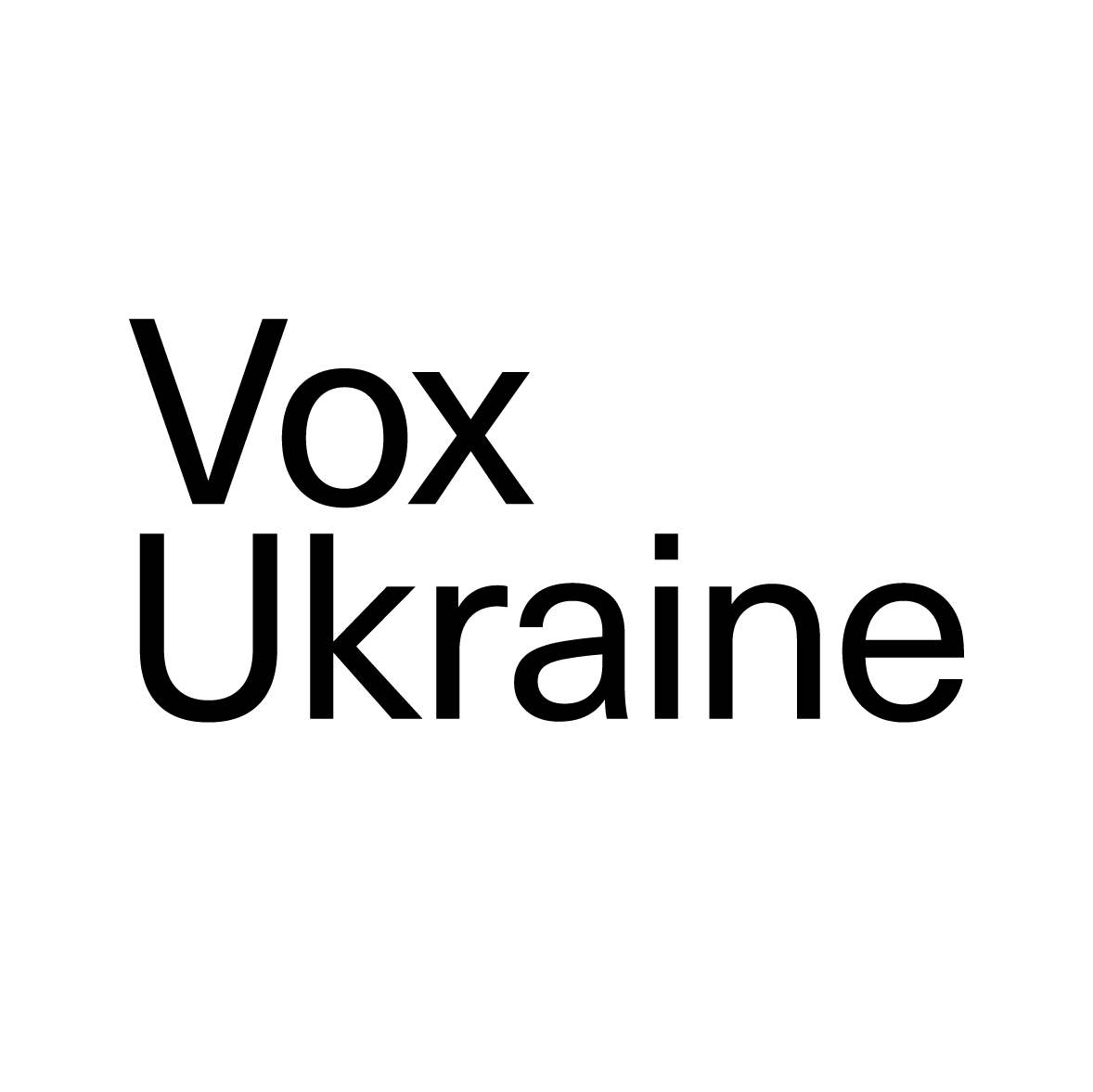The IMF Managing Director Christine Lagarde’s statement about a possible cut of aid to Ukraine unless it makes direct specific efforts to fight corruption is a negative signal to the Ukrainian economy. Delay in lending may result in the devaluation of the national currency and slowing down or even reversing the tentative economic growth. Moreover, such statements imply that the Ukrainian authorities have no interest in structural reforms that are essential, primarily for the country and the citizens of Ukraine and not for the external creditors.
Cooperation between Ukraine and the IMF has saved the economic situation in Ukraine at various times. In February 2015, the IMF and other official creditors agreed to provide a $25 billion financing package for Ukraine, which became one of the largest loans by the Fund (compared to the country’s GDP). Additionally, the Fund has supported our country in negotiations on external debt refunding. In December 2015, the IMF changed its lending rules to allow it to keep supporting countries if they fail to repay official creditors, including to continue the program for Ukraine, regardless Ukraine’s default on $3 billion bonds to Russia. It should be borne in mind that the IMF’s aid is an anchoring program for other donors, including the World Bank, the EBRD, and individual states. Therefore, to withhold the cooperation with the Fund would mean to withhold the financing by other creditors and deprive Ukraine of credit resources for an overall amount of $10 billion in 2016 alone.
In the last year, authorities supported by official creditors succeeded to stabilize the macroeconomic environment. Thus, GDP on a year-on-year basis contracted from 17,2% in the first quarter to 7,2% in the third quarter and kept contracting in the fourth quarter; currency exchange rate became relatively stable; inflation slowed down to 40% in January 2016 after a price hike by 60% in April 2015. Through loans and swap lines with foreign banks, NBU reserves doubled in 2015 and reached $13,4 billion. However, macroeconomic stability remains fragile, and a prospect for the revival of economic growth is fading. Estimates of GDP growth in 2016 are within the range of 1,0%-1,5%. The delay of the IMF aid will likely lead to a weakening of trust of investors, businesses and citizens, followed by a new round of devaluation pressure on the hryvnia. Although the NBU has some safety margin of foreign exchange reserves, it would not be able to confront a strong devaluation pressure for a period exceeding several months. In this context, a further drop in GDP is quite possible instead of an expected modest GDP growth. A drop in GDP and weak hryvnia would complicate Ukraine’s external public debt service (approximately 4,1% of GDP), thereby increasing outflows of foreign investments and pushing Ukraine into another financial crisis.
It is critically important to realize that the program of cooperation between Ukraine and the IMF implies a long-term and expensive financing in exchange for structural reforms that are essential primarily for Ukraine itself and its citizens. Ukraine’s commitments under the IMF program and other loan agreements (the World Bank, the European Union etc.) were the results of negotiations between Ukrainian authorities and creditors, and not the unilaterally imposed conditions by foreigners.
Key features of the IMF program aimed at revitalizing and strengthening the economy of Ukraine include deficit reductions, reform of the energy sector, cleaning up the banking system, transition to a free-floating exchange rate, establishing of the operating Anti-Corruption Bureau, and restructuring and privatization of state-owned enterprises. These steps are pivotal for saving the Ukrainian economy from lurching from one crisis to another. In fact, Ukrainian authorities have to implement much more fundamental and quick reforms than the ones stated in the loan program. The statement of the IMF on the inadequate progress in reforms is a disgrace and failure to perform by all branches of power.
VoxUkraine’s Reform Index project which monitors reforms confirms the disappointing conclusions of the IMF: the reforms were developing at a reasonable pace from March to May 2015 only, when important laws were adopted, including ones within the commitments to the IMF and the World Bank. Unfortunately, despite some legislation improvement, today it is impossible to report the establishment of the rule of law in Ukraine, and the implementation of the laws remains weak and selective.
In summary, the position of the editorial board of VoxUkraine on the subject is that the breach of relations with the IMF is inadmissible and calls the President, government and parliament to act decisively against corruption and to implement substantial reforms. Today it is vital to not just to continue reforms but also to speed them up dramatically.
*The Editorial Board of VoxUkraine: Olena Bilan (Dragon Capital), Vladimir Bilotkach (Newcastle University), Tom Coupé (Kyiv School of Economics), Yuriy Gorodnichenko (UC Berkeley), Veronica Movchan (Institute for Economic Research and Policy Consulting), Tymofiy Mylovanov (University of Pittsburgh, Kyiv School of Economics), Ilona Sologub (Kyiv School of Economics), Oleksandr Talavera (University of Sheffield), Oleksandr Zholud (International Centre for Policy Studies, Centre for Economic Strategy), Natalia Shapoval (Kyiv School of Economics), Olena Nizalova (University of Kent), Alex Nikolsko-Rzhevskyy (Lehigh University)
Attention
The authors do not work for, consult to, own shares in or receive funding from any company or organization that would benefit from this article, and have no relevant affiliations



